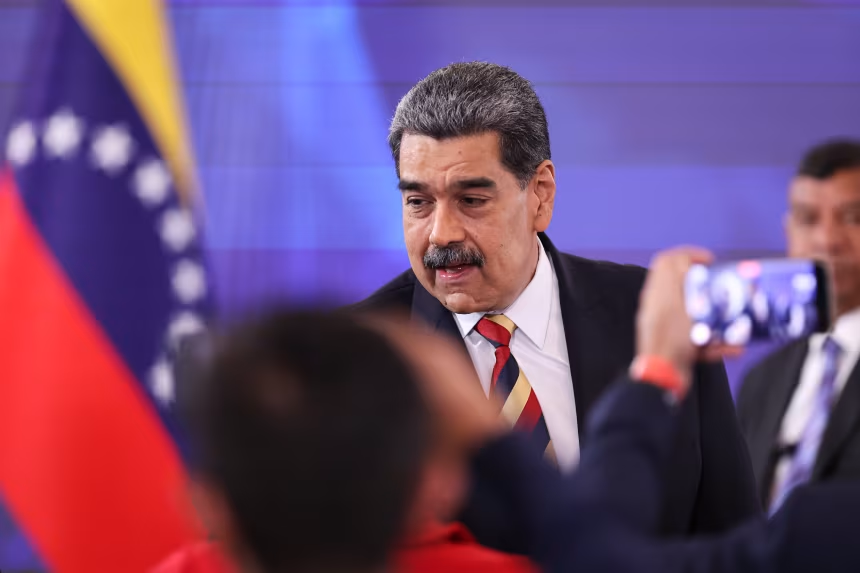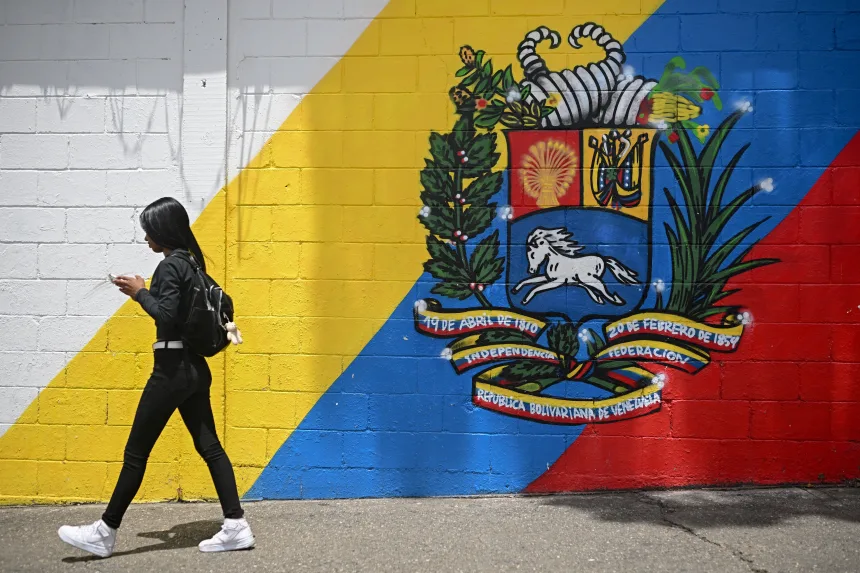Tensions between Washington and Caracas deepened this week after the Pentagon reported that two Venezuelan F-16 fighter jets conducted a flyover of the U.S. Navy destroyer USS Jason Dunham while it was operating in international waters. The U.S. described the September 4 incident as a “highly provocative move” that appeared intended to interfere with ongoing counter-narco-terror operations in the Caribbean.
The encounter came just two days after a controversial U.S. military strike on a speedboat allegedly linked to the Venezuelan gang Tren de Aragua. That strike killed 11 individuals, but Venezuela has dismissed Washington’s claims as fabricated, accusing the United States of staging aggression to justify a broader military presence in the region.
The Pentagon emphasized that U.S. warships have been deployed to the Caribbean as part of an expanded mission against drug trafficking and criminal networks designated as terrorist organizations earlier this year. The force includes guided-missile destroyers, an amphibious squadron, surveillance aircraft, and thousands of U.S. personnel.
Politically, the move has ignited sharp debate. Senator Marco Rubio pledged that Washington would continue to “wage wars” on Venezuelan-linked criminal groups, while critics and legal experts questioned the legality of the strike in international waters and warned of the risks of escalation.
Venezuela’s government, led by President Nicolás Maduro, responded by condemning the U.S. actions as violations of sovereignty and mobilizing its armed forces in response. Caracas argues that the U.S. is using counter-narcotics operations as cover for regime-change ambitions.
With both sides digging in, fears of a direct clash loom larger. Analysts warn that further escalation could destabilize regional security, disrupt shipping routes in the Caribbean, and deepen Venezuela’s already fragile humanitarian and political crisis.



